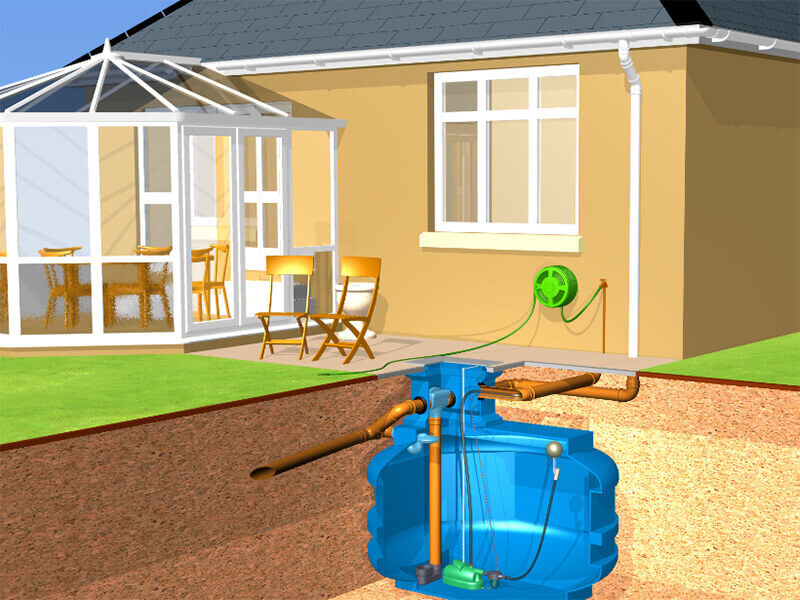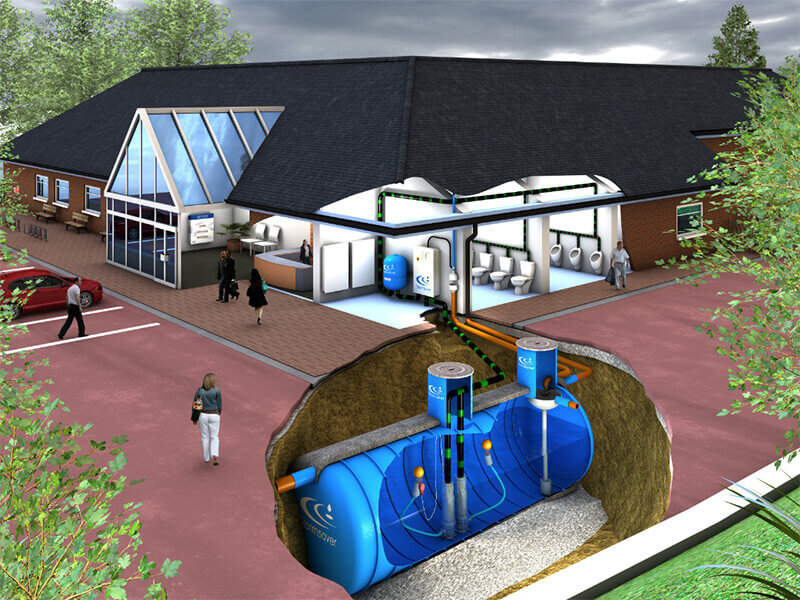Rain Harvester
Rain Harvester
Rain harvesting, also known as rainwater harvesting, is the practice of collecting and storing rainwater for later use. It is an ancient technique that has been used for centuries in various parts of the world to overcome water scarcity and conserve water resources.
Rainwater harvesting systems typically involve the collection of rainwater from rooftops, which is then directed into storage tanks or underground reservoirs. The collected rainwater can be used for a variety of purposes such as irrigation, landscaping, toilet flushing, and even drinking water with proper filtration and treatment.

About Us
We at Solar services Southwest can offer a selection of rain harvester systems to suit everyone’s requirements, From the storage tanks, leaf screens, filters, and overflow systems to the plumbing systems. we can supply all the knowledge you will require with our installations back dating to the 1980’s we have plenty of knowledge to point you in the right direction. please get in touch to discuss what you would like to gain from your system.

FAQs

